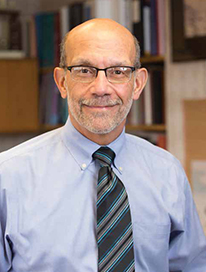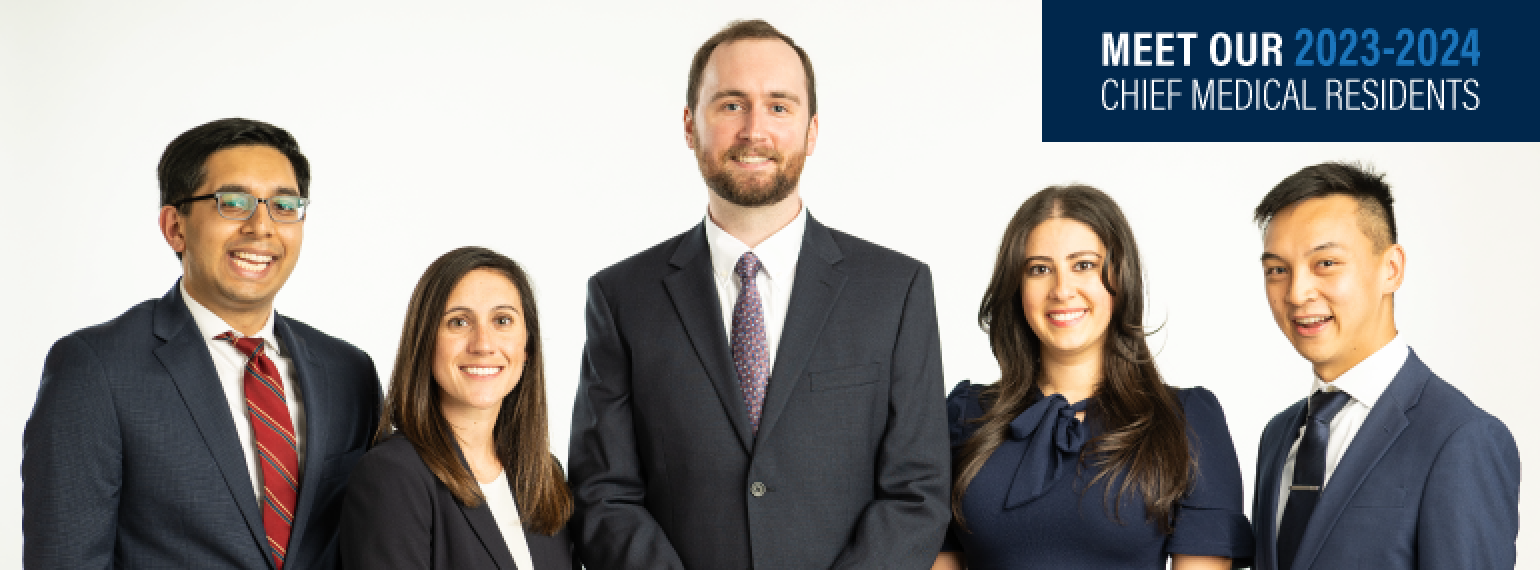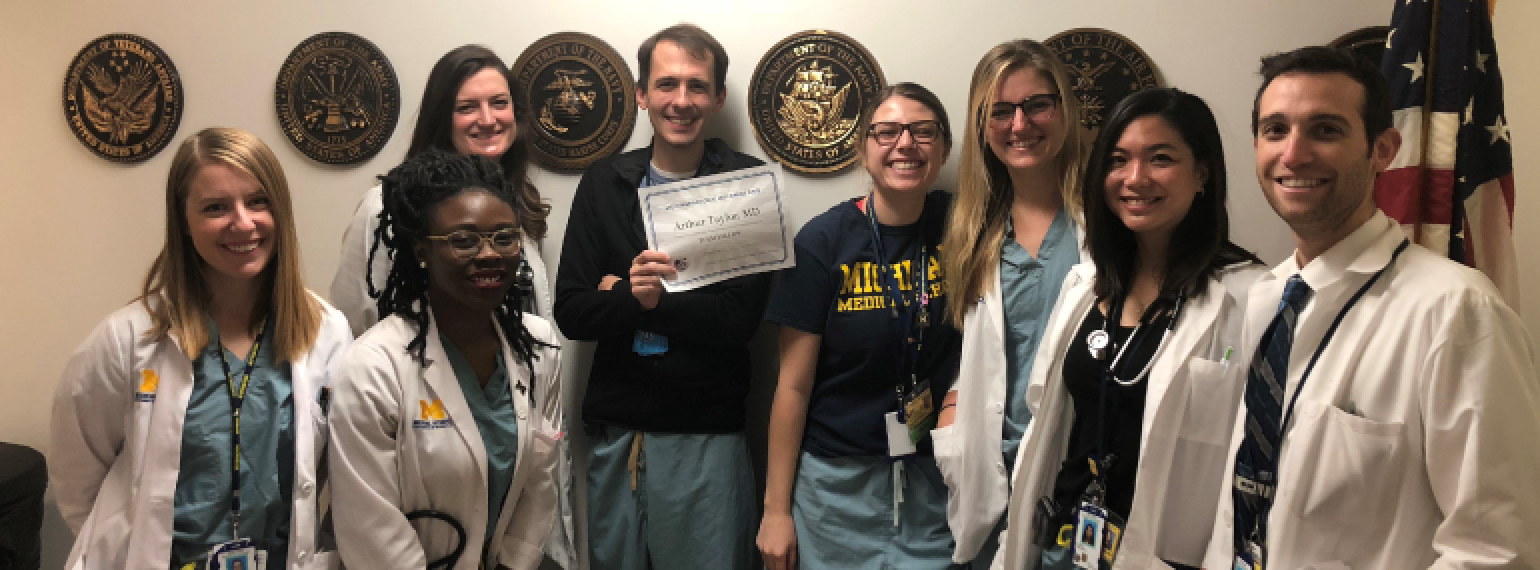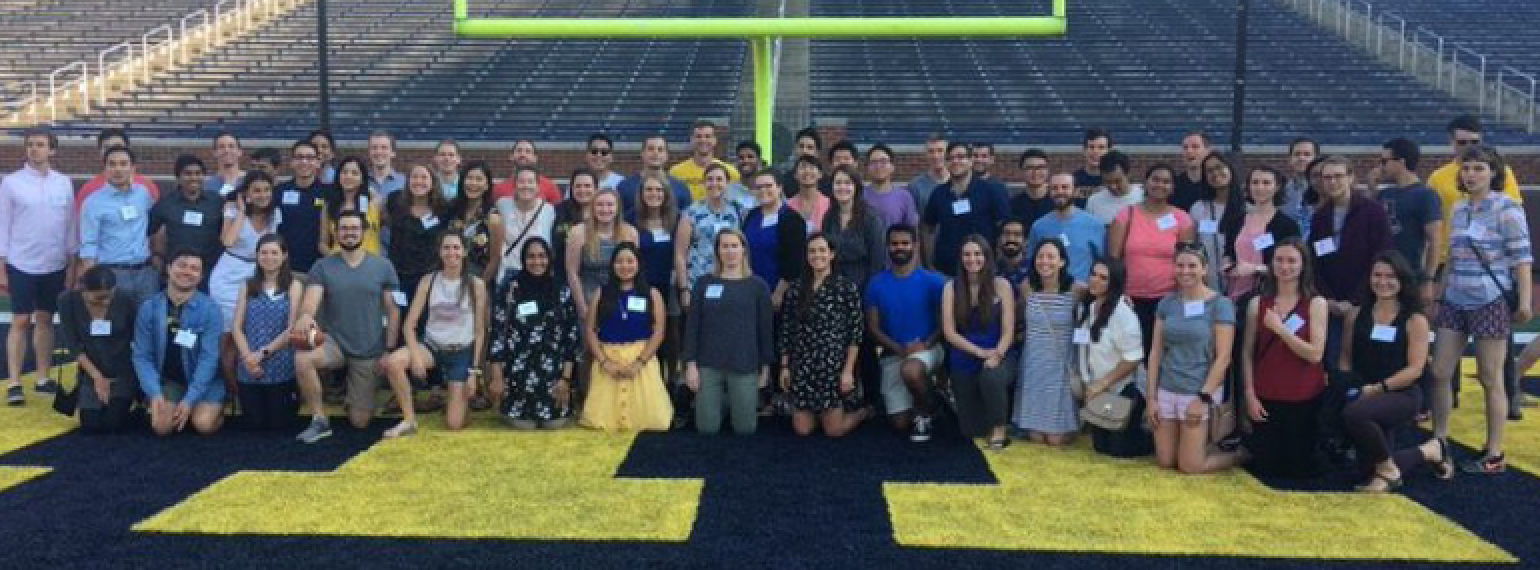Welcome to the Department of Internal Medicine Residency Program. Michigan Medicine is home to one of the largest health care complexes in Michigan. It has been the site of many groundbreaking medical and technological advancements since the Medical School first opened in 1850.
A Message From Our Director

Our program is committed to your development as an internist, independent of whether you are heading toward a career in primary care or desire to continue your education with subspecialty training.
The Department of Internal Medicine has had a long tradition of excellence in the tripartite mission of academia including education, patient care, and research. Our faculty members are among the best in the nation and represent a wide array of expertise extending from physician scientists involved in state-of-the-art biomedical investigation to master clinicians who are world-renowned for their clinical expertise. Michigan Medicine is ranked among the top hospitals in the country. The institution attracts diverse patients from across the state and nation.
Residents will not only engage in first-class patient care within the University Hospital, a tertiary care center, but will also spend time in the local Veterans Affairs Hospital which complements the clinical experience tremendously. To further enhance the ambulatory experience of our trainees, the Department of Internal Medicine has successfully developed a series of primary care sites throughout Ann Arbor and the adjoining communities.
As a program, we are deeply committed to creating a diverse and inclusive environment that fosters resident wellness in their professional and personal lives. We also remain firmly devoted to combating health inequities in the communities we serve.
If you have any questions about our program or community, please do not hesitate to contact us!
Warmest regards,
John Del Valle, MD, AGAF, FACP
Director, Internal Medicine Residency Program
Michigan Medicine









